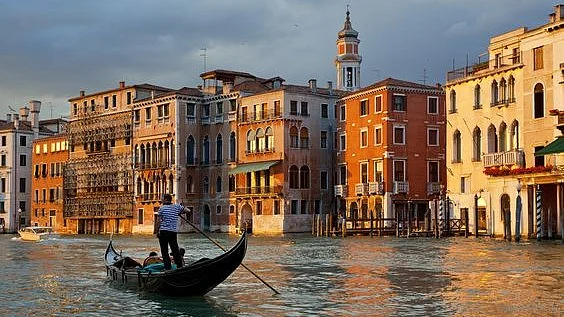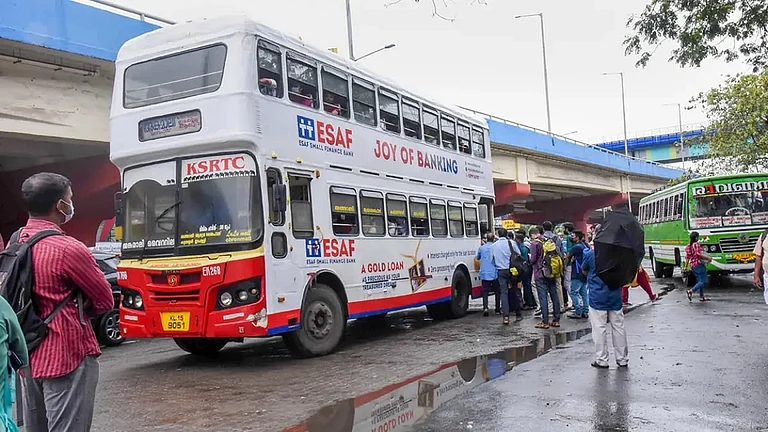Venice's trial of a tourist levy has had limited success in reducing crowd numbers, prompting city officials to consider raising the charge next year, according to a key politician overseeing the initiative.
In April, Venice introduced a €5 ($5.45) fee for daytrippers on particularly congested days, a world-first measure aimed at managing tourism. The pilot scheme covered 29 days and concludes on Sunday, after which a consultation period will determine the project’s future.
Simone Venturini, the city councilor responsible for tourism and social cohesion, stated that the initial results were positive but acknowledged that crowds remained substantial. "On some weekends there were fewer people than the same time last year... but no one expected all the day trippers to miraculously disappear," Venturini told Reuters from Venice. He confirmed the system would be renewed in 2025, with an increase in both the number of days the fee is applied and the fee amount, though he did not specify the new price.
The fee is intended to deter daytrippers, especially during weekends and holidays when visitor numbers can exceed 100,000—twice the local population. Hotel guests are exempt from the charge.
However, the scheme has faced criticism. Opposition councilor Giovanni Andrea Martini described it as a "total failure," noting that the city remains crowded and that the number of people paying the charge has decreased as fines for non-compliance have not been enforced.
Venturini admitted there had been "very few, or probably no fines" but emphasized that the focus was on informing visitors during the experimental phase rather than penalizing them.
Martini suggested an alternative approach involving a free booking system for visitor slots, which would prevent lower-income families from being priced out and allow for better crowd management. "We need to be able to warn people that if they come on certain days, they are not going to have a good time," he said. He also emphasized the importance of attracting long-term residents back to the city, which has seen a decline in permanent residents due to the rise of short-term rentals.
The consultation period will provide a clearer direction for Venice's efforts to manage tourism while balancing the needs of its residents and preserving the city's status as a UNESCO World Heritage site.




























